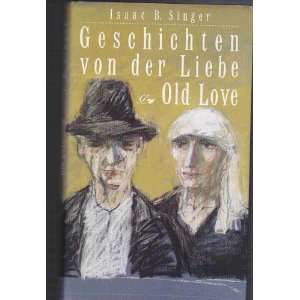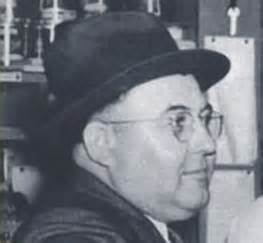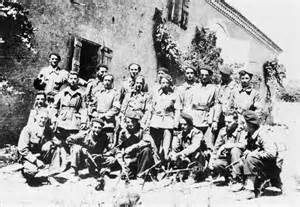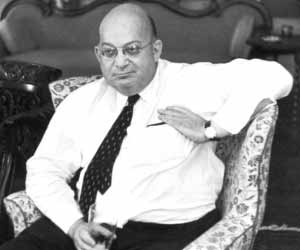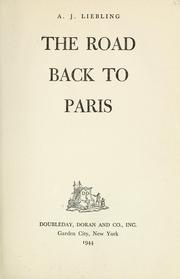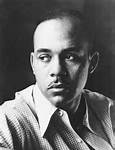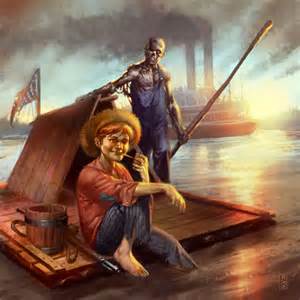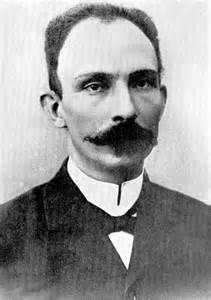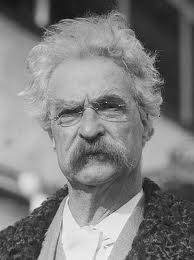As in Isaac Bashevis Singer’s other short story collections, Old Love is thematically diverse but largely confined to the experiences of the Jewish Disapora, being set either in pre-war Poland or in the United States. The most common character is someone like Singer, an aging scholar or writer who emigrated to the United States and enjoys rising fame. Singer himself was never a radical, although many of his themes touch on the struggle for locating human freedom within familial, institutional and cultural confines. In the introduction to Old Love he writes on what he sees as the major theme uniting this collection of stories.
The love of the old and middle-aged is a theme that is recurring more and more in my work of fiction. Literature has neglected the old and their emotions. The novelists never told us that in love, as in other matters, the young are just beginners and that the art of loving matures with age and experience. Furthermore, while many of the young believe that the world can be made better by sudden changes in social order and by bloody and exhausting revolutions, most older people have learned that hatred and cruelty never produce anything by their own kind. The only hope of mankind is love in its various forms and manifestations.
Now, while I certainly agree with the first point and would submit that much suffering would be removed from the world if marriages entered into by people in their 20s expired after five years. The centrality of young people to romantic comedies is ridiculous beyond measure to anyone who actually gone through a dozen relations in as many years (especially the happily ever after parts). I do not think the logical conclusion of this is to reject youthful revolt, and his claim that revolt against the social order is always bloody and exhausting. I think Singer’s own evidence reveals a great number of older people in revolt against the central institution of their lives: family and marriage. Despite wanting to approach the theme of love among older people, we find it quite elusive and frustrated.
Take for instance the first story in the collection, “One Night in Brazil.” The narrator visits an intellectual friend and finds his friend married an old acquaintance from Warsaw. She claims she has been possessed by a dybbuk. The husband goes off with a girlfriend. Lena, the woman, attempts to seduce the narrator but they are consumed by mosquitoes, return home full of bugs and blood. They wash it off in a grotesque scene just as the husband returns. We see in this story the themes of serial monogamy, the resultant alienation in marriage (seemingly made worse by the third or fourth attempt) and a strange pining for lost love. If this is an attempt at love among the old, the next story “Yochna and Schmelke” is about young people. Yochna is raised pious and arranged to marry Scmelk through her father. The story discusses the early feelings of Yochna during the marriage, especially the wedding night and its rituals. Contrary to tradition Scmelke left on the holy days with his father in law. The later returns, with the other assumed lost. She is abandoned and pregnant, because she cannot remarry if they do not find a body. Of course, this is not unlike marriages once they pass the honeymoon which quickly become corpses.
“The Psychic Journey” explores the banality of marriage, the attraction to novelty and the desire for companionship in late capitalist marriages that often keep couples separated. A psychic connection provides some hope for a more meaningful relationship. The narrator meets a woman interested in the occult while feeding birds. They begin a friendship based on mutual interests. It turns out she has been watching him and following his work and interests. They take a trip together to Israel at the time the 1976 war breaks out. She abandons him. After the trip, he stops seeing Margaret and reunites with wife, Dora. He tells her he went to California, never mentioning the trip to Israel although Dora was in Tel Aviv at the time of their illicit trip. He later learns that Margaret has started psychic business in New York leading him to confess his trip with the strange woman.
Readers can easily come away from this collection with a feeling that married couples are required to scheme to keep sane, crafting elaborate images of each other or themselves just to keep the facade of the institution together. In “The Bus,” Singer uses the device of changing seats on a tour bus in Spain to allow the narrator to see two sides of each couple. Here is how one married couple talks about each other:
One good trait she did have—she could attact a man. Sexually, she was amazingly strong. I don’t believe myself that I am speaking of these things—in my circles, talk of sex is taboo. But why? Man thinks of it from cradle to grave. She has a powerful imagination, a perverse fantasy. I’ve had experiences with women and I know. She has said things to me that drove me to frenzy. She has more stories in her than Scheherazade. Our days were cursed, but the nights were wild. . .
Nothing is left me except my imagination. He drained my blood like a vampire. He isn’t sexually normal. He is a latent homosexual—not so latent—although when I tell him this he denies it vehemently. He only wants to be with men, and when we still shared a bedroom he spent whole nights questioning me about my relationships with other men. I had to invent affairs to satisfy him. Late, he threw these imaginary sins up to me and called me filthy names. (214–216)
Well, if Singer is after a description of love among middle-aged people, he may have succeeded in convincing me that as we get older our relationships get only more sociopathic and absurd. Maybe there is some wisdom in this. There are limits to how much any one of us can overturn our cultural and social baggage. This must explain the remarriage rates. Rationally, a marriage as a youthful mistake makes since, but remarriage must be insanity (more than once Since shows affairs to have the same banalities of regular relationships). But if for whatever reason staying is impossible and one finds themselves back into relationships, perhaps a bit of playful fatalism is the best we can hope for. But always beware that the strange sleeping next to you may burn your life’s work, decide to put a knife in your chest, or become possessed by the spirits of the dead. This is all to be expected.


